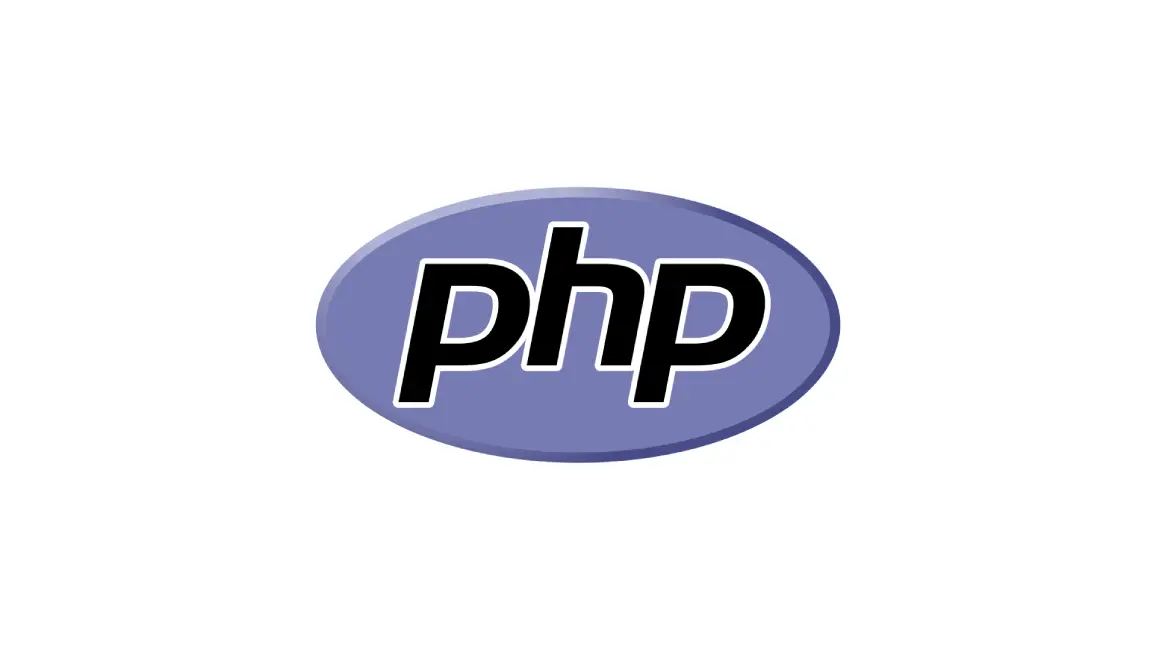Essential Debugging Tools and Techniques for PHP Application Development
Commonly used debugging tools and techniques for PHP that can streamline the debugging process and enhance the overall quality of PHP applications.

Effective debugging is crucial for identifying and resolving issues in PHP applications promptly. In this article, we will explore a range of commonly used debugging tools and techniques that can streamline the debugging process and enhance the overall quality of PHP applications. By employing these tools and techniques, developers can efficiently pinpoint and address errors, improving their productivity and the end-user experience.
Error Reporting and Logging
One fundamental aspect of debugging is configuring PHP’s error reporting settings. By enabling error reporting, developers can promptly identify syntax errors, uninitialized variables, and other runtime issues. This allows for quick detection and resolution of bugs before they escalate.
Furthermore, implementing a robust logging mechanism is invaluable for capturing application events, errors, and debugging information. Notable logging libraries in the PHP ecosystem, such as Monolog and Log4php, empower developers to analyze and gain insights into application behavior, facilitating effective bug fixing and performance optimization.
Variable Inspection with var_dump() and print_r()
The built-in PHP functions var_dump() and print_r() are indispensable when it comes to inspecting variables during the debugging process. These functions provide developers with a quick and convenient way to examine variable contents and data structures, helping them understand the state of the application at various points and identify potential issues.
Debugging Extensions
Powerful debugging extensions like Xdebug and Zend Debugger significantly enhance the debugging capabilities of PHP. These extensions offer features such as breakpoints, stack traces, variable inspection, and remote debugging. By leveraging these tools, developers can efficiently trace code execution, analyze variable values, and identify the root causes of issues. Integration with popular integrated development environments (IDEs) like Zend Studio and PhpStorm further enhances the debugging experience.
Integrated Development Environments (IDEs)
Using feature-rich PHP IDEs like PhpStorm and Visual Studio Code (with PHP extensions) enables developers to benefit from a wide range of debugging features. These IDEs support step-by-step execution, breakpoints, watches, variable inspection, and code coverage analysis. By harnessing the power of these IDEs, developers can effectively navigate through their codebase, understand the program flow, and identify and fix bugs efficiently.
Step-by-Step Execution
Setting breakpoints at strategic points in the code allows developers to pause the execution and examine variable values, stack traces, and program flow. This technique is invaluable for understanding how the application behaves at different stages and pinpointing problematic areas. By stepping through the code, developers can isolate and resolve bugs effectively.
Remote Debugging
Remote debugging is essential when working with PHP applications running on remote servers, virtual machines, or containers. Tools like Xdebug and DBGp protocol facilitate remote debugging by establishing a connection between the IDE and the remote environment. This enables developers to diagnose and fix issues in distributed systems without the need for code modifications or deploying the application locally.
Profiling
Profiling tools play a crucial role in optimizing PHP applications. Tools like Xdebug’s profiler and specialized solutions like Blackfire.io offer insights into function call times, memory usage, and execution paths. By analyzing the performance of the application, developers can identify performance bottlenecks, optimize code, and improve overall application efficiency.
Debugging Frameworks
Frameworks like Laravel and Symfony provide dedicated debugging tools that simplify the debugging process. Laravel Debugbar offers real-time information about queries, views, and route details, empowering developers to troubleshoot issues efficiently. Symfony VarDumper enhances variable inspection and debugging with its advanced features, including pretty printing, nested data exploration, and detailed debug information.
Error Tracking and Monitoring
In production environments, it is crucial to have robust error-tracking and monitoring solutions. Tools like Sentry, Bugsnag, and Rollbar capture and report errors and exceptions, enabling developers to identify and address issues promptly. By leveraging these services, developers can gain real-time visibility into application errors, track their impact, and take proactive steps to improve application stability and performance.
Code Profiling and Coverage
Measuring the effectiveness of unit tests is essential for ensuring the reliability of PHP applications. Tools such as Xdebug’s code coverage, PHP_CodeCoverage, and PHPUnit help identify untested areas and improve overall code coverage. By determining which parts of the code have been executed during testing, developers can focus their efforts on strengthening test suites and identifying potential issues that may have been overlooked.
Conclusion
The PHP ecosystem offers a wide array of debugging tools and techniques that can significantly enhance the debugging process and improve the overall quality of PHP applications. By carefully selecting and integrating the right combination of tools and techniques, developers can accelerate issue resolution, optimize application performance, and deliver robust and reliable PHP applications. Employing these best practices ensures that developers can efficiently identify and fix bugs, ultimately enhancing the end-user experience.
Was this post helpful? ( Answers: 0 )
Leave a comment
If you enjoyed this post or have any questions, please leave a comment below. Your feedback is valuable!